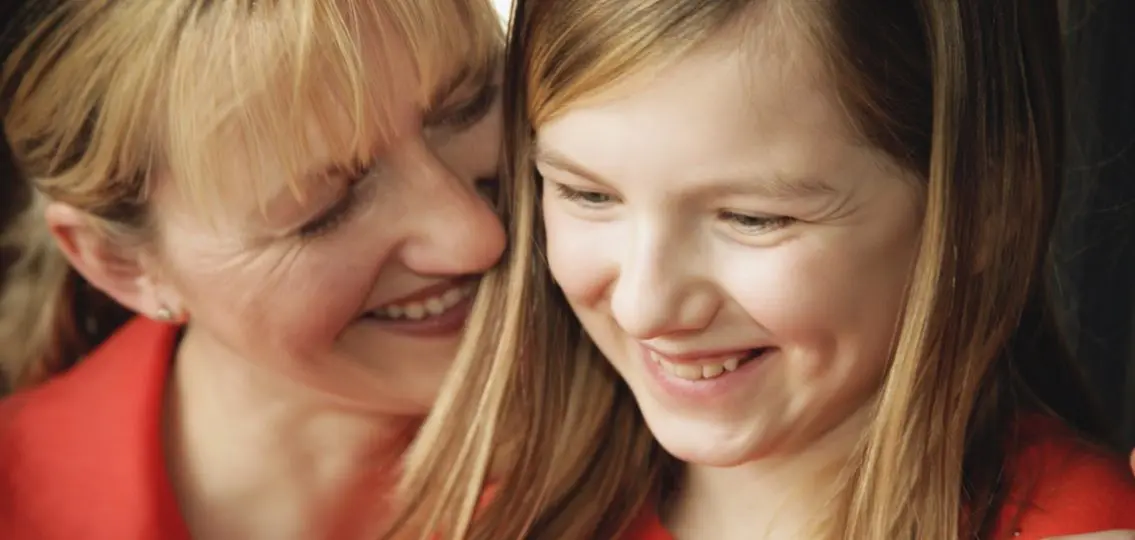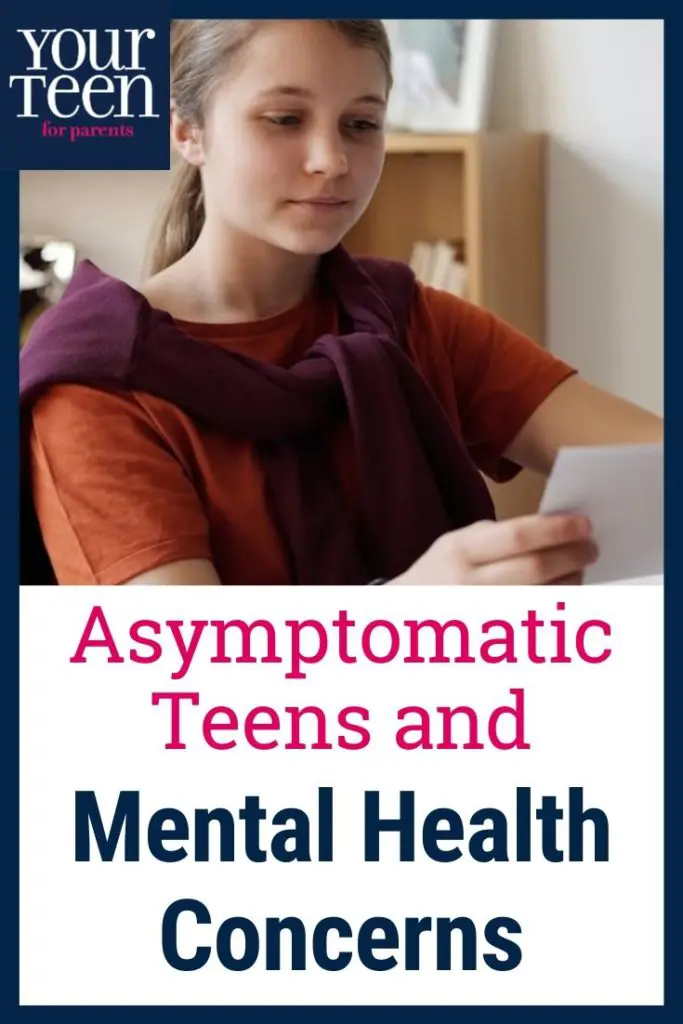Stephanie Zimmerman of northern Kentucky has trouble sleeping these days. “I am wide awake in the middle of the night,” she says.
| [adrotate banner=”169″] |
She’s not only worried about what COVID-19 will do to her community, but also what it will do to her 15-year-old daughter’s mental health. “She’s a very social person. She thrives by being with friends.” After two weeks of only seeing family, Stephanie said her daughter’s mood had become somber and depressed and Stephanie began weighing the pros and cons of quarantine. “At what point do we sacrifice our kids’ mental health to save the “world’s” physical health?” she wonders.
Teens are Carriers
Teens sometimes need a little help seeing outside of themselves, making it important that parents understand and communicate the risks. In the case of the novel coronavirus, teens need help understanding their role in the spread of the virus and the importance of their social distancing. Data indicates that there is a high percentage of adolescents who are infected with the virus that causes COVID-19 and yet show no symptoms—or show mild symptoms as compared to adults. This is called asymptomatic.
| [adrotate banner=”161″] |
Alyson A. Kelvin, PhD, a virologist at Dalhousie University, emphasizes the need for awareness regarding asymptomatic teens. While younger people may appear healthy, she says, “They may be infected. And they may be able to spread the virus to others who might develop a more severe disease.”
Immune responses differ, especially among age groups.
Dr. Kelvin explains that young people tolerate viruses and bacteria better because they are exposed to so many new viruses and bacteria in early life. Their bodies are constantly processing incoming pathogens that could lead to potential illness, so their immune systems respond accordingly.
Dr. Kelvin also points out that when lungs are still in a development stage, as with teenagers, it may play a role in how their body reacts to a virus. According to the American Lung Association, our lungs are not fully developed until age 20 to 25. “These factors together may explain why young people have been shown to develop more mild disease or be asymptomatic when infected with this virus,” Dr. Kelvin suggests.
This information shouldn’t be used to scare teens, or make them feel contaminated, but it should help inform their choices and maybe help direct their feelings about their situation. It’s not being dramatic to say, “Stay home, save a life,” as CDC representatives and politicians are urging communities to do.
Who are You Staying Home For?
“It’s really important to recognize, and to help teens understand, the reason they’re having to do this,” says Dr. Robin Gurwitch, Professor in Psychiatry and Behavioral Sciences at Duke University. She suggests asking our teens the questions, “Who are you doing this for?” and “How can you be proactive about doing something for someone else?”
Parents can help their teens make something meaningful from this difficult time of social distancing. Does Grandma live with you? Does your teen have a friend with asthma? Encourage empathy in your teen with a real face. Realizing their social distancing behavior will help someone they know may change the experience from a burden to an act of love and compassion for someone specific in their life.
Validate their Feelings
It is important to talk to teens and to acknowledge how they’re feeling, says Dr. Gurwitch. “It’s not fun to stay inside, it’s not fun not to be able to hang out with your friends. So, validate and acknowledge the distress and the anger and the sadness that comes with that.”
Help your teen connect and let them have input. Ask them, “How would you like to connect with friends?” Help them have choices and some control within the boundaries of social distancing.
Self-care is important not only for parents but for teens as well. “Exercise, rest and diet are always important,” says Dr. Gurwitch. “But so is thinking about what they have done in the past to cope. How can they take those actions now?” Let your teen know that you are there to help them through.
As for Stephanie, she made the decision to allow her daughter to go on a run with a friend, thinking it would be both safe and healthy.
Stephanie was clear in her expectations of her daughter. She needed to maintain an appropriate distance from her friend during their run and wash her hands, and possibly shower, when she returned.
“She came back from that run in better spirits than she had been in weeks,” Stephanie says. But Stephanie was also met with online shaming because of her decision and further reading suggested it might not have been a good idea. “I felt my daughter needed it for her mental health. But I doubt I will be letting her do it again.” She says on future runs, her daughter will have to go alone.

The “new normal” of social distancing is new for everyone. We are all learning best practices as experts discover more about the risks of COVID-19. Encouraging compassion in our teens means finding compassion for ourselves, as well.





